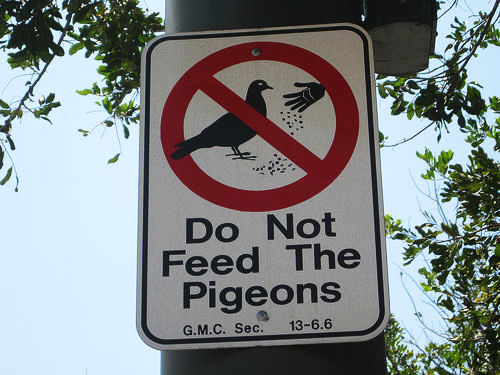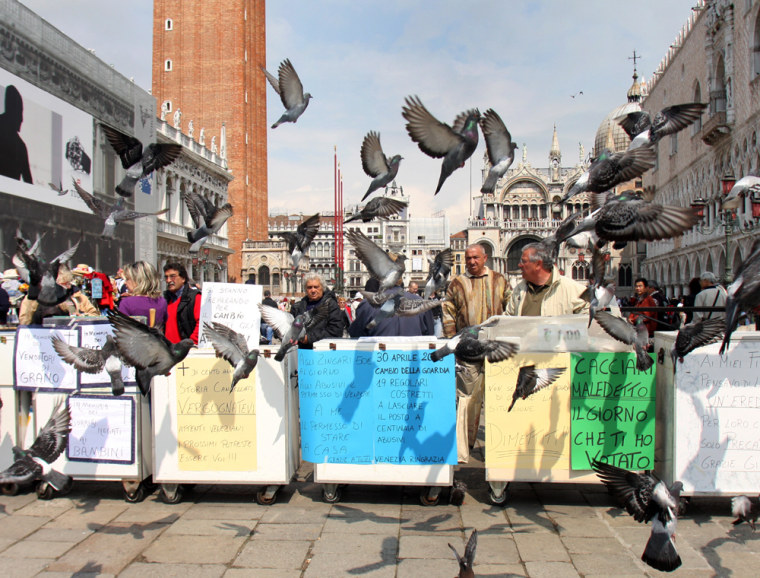It is illegal to feed pigeons in venice

It is Illegal to Feed Pigeons in Venice

Venice, known for its stunning canals and historic buildings, is also famous for its large population of pigeons. However, did you know that it is actually illegal to feed these beloved birds?
The Legal Status
Feeding pigeons in Venice is considered a public nuisance and is strictly prohibited by law. The city’s authorities passed a law in 2008 that made it a finable offense to feed pigeons in public areas. This was done to control the pigeon population and address the problems associated with their presence in the city.

Reasoning Behind the Ban
Although many people enjoy feeding pigeons, the ban was implemented due to several valid concerns. One of the major reasons is that the large population of pigeons in Venice poses a threat to the city’s historical buildings. Pigeon droppings contain corrosive acids that can damage the delicate architectural features of the city’s structures, some of which date back centuries.
Another concern is focused on sanitation. Pigeons are carriers of diseases and their droppings can contaminate public areas, posing health risks for both residents and tourists alike. By prohibiting the feeding of pigeons, the city aims to mitigate these risks and maintain a cleaner and healthier environment.
Enforcing the Ban
To ensure compliance with the law, Venice has implemented a system of fines for individuals caught feeding pigeons. Offenders can face penalties of up to 700 euros, which serves as a deterrent for those who defy the ban. Additionally, efforts have been made to educate both locals and visitors about the reasons behind the ban and the potential consequences of feeding pigeons.
The Balanced Approach
It is important to note that the ban does not aim to harm or eliminate the pigeon population completely. Instead, it serves as a means to strike a balance between preserving the city’s historical treasures and the coexistence of both humans and pigeons. Venice acknowledges the importance of these birds but emphasizes the need for responsible practices and the maintenance of a clean and safe environment for everyone.
In conclusion, the ban on feeding pigeons in Venice is a proactive measure taken to protect the city’s architectural heritage and ensure public health and hygiene. It is important for both locals and tourists to respect and comply with the law, promoting a sustainable and vibrant Venice for generations to come.
Source: The New York Times
Related Posts
Quick Links
Legal Stuff

